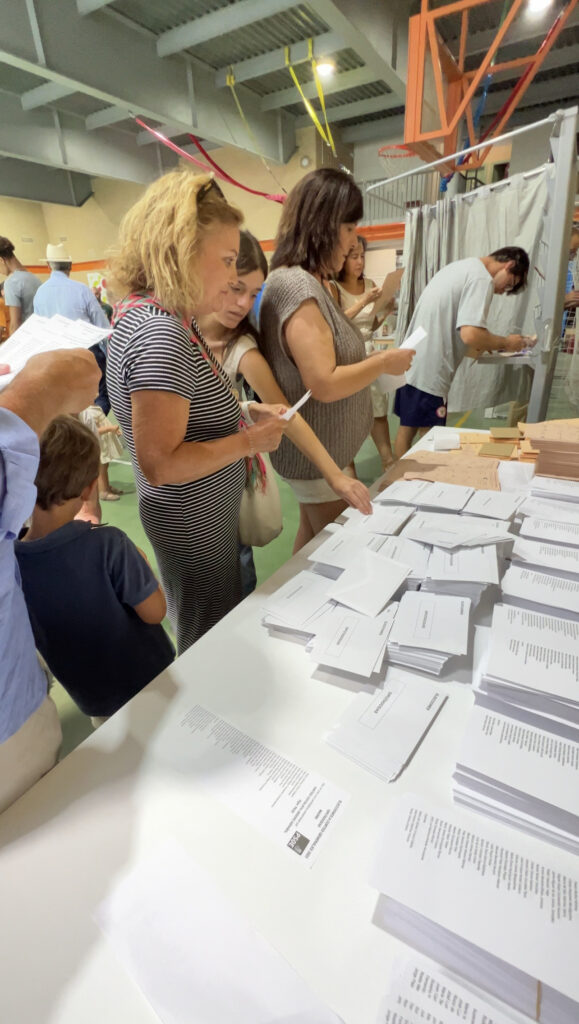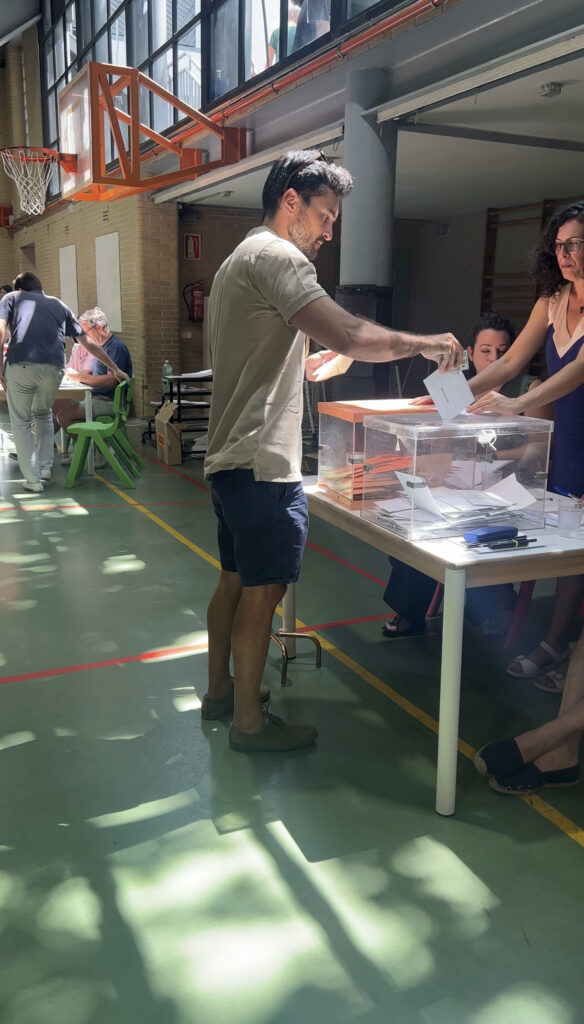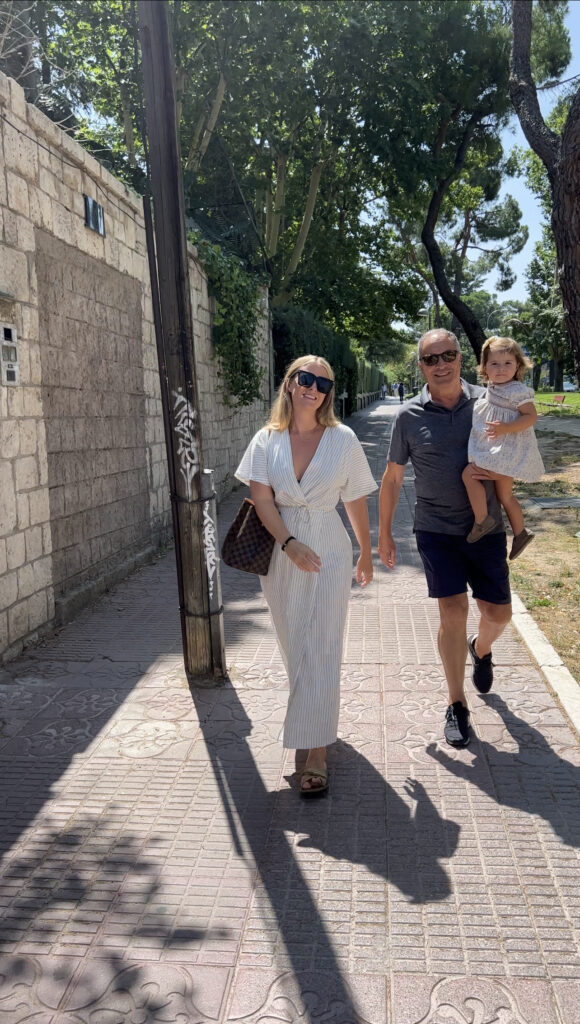Voting in Spain: A comparison between Spain & the US
Hey there, lovely readers! As the mom behind "Mama in Madrid," I'm always excited to share the unique aspects of my life in Spain and the experiences that come with being a US American living and experiencing this beautiful country. Today, I want to talk about Spain's general elections versus the elections back in the United States. Having witnessed both systems, I can't wait to share some of the fascinating contrasts and insights that I've observed!

Automatically being Registered to Vote with Spanish Citizenship
In Spain, the voter registration process pleasantly surprised me with its simplicity and efficiency. As a citizen, you are automatically registered to vote in local, regional, and general elections, making voting accessible and easy for everyone. On the other hand, when I lived in the United States, registering to vote required a proactive approach.
The Speed at Which Votes are Counted
Let me put it this way.. we voted today at 12 pm, voting booths closed at 8pm, and the first results are already coming in (it's 11pm). That to me, blows my mind! On election day, the ballots are collected and securely transported to central counting centers. The ballots are then processed, often using electronic voting machines, which expedites the tabulation process. As a result, the election results are typically announced within a few hours after the polls close.
In contrast, counting votes in the United States often follows a more varied and time-consuming process. Each state has its own rules and procedures for vote counting, leading to discrepancies in the speed of results announcement. In some states, paper ballots are widely used, necessitating manual counting, which can be a time-consuming endeavor. Additionally, factors like mail-in voting and provisional ballots can further extend the counting timeline, especially in close elections where recounts may be required. Consequently, the announcement of election results in the US can take several days or even weeks, leading to public anticipation and at times, controversy. While this method ensures meticulous accuracy, it may leave some voters anxious for resolution and heightened transparency in the election process.
Legal Requirement to Work the Voting Booths
In Spain, civic engagement extends beyond casting a ballot on election day. One notable aspect of the electoral process is the legal requirement for citizens to participate in the administration of voting booths when selected. Known as "Mesa Electoral," this duty is randomly assigned to eligible voters, and it is considered a fundamental civic responsibility. Those chosen are obligated to attend training sessions before the election and then play an active role on election day by assisting voters, overseeing the voting process, and ensuring its integrity. And if you don't show up? You could see anywhere from 3 to 12 months in prison.. yikes!

Voting on Sunday.. always!
In Spain, voting is a democratic event that is highly valued and thoughtfully organized. A notable feature is that elections consistently take place on Sundays, allowing citizens time to cast their ballots without the constraints of work or other commitments. This decision reflects Spain's dedication to ensuring accessibility and maximum voter participation in the electoral process. Moreover, the Spanish government mandates that employers must provide their employees with sufficient time off on election days to exercise their right to vote.
Voting for a Party vs Individual
Unlike the US, where elections often revolve around individual candidates, Spain places a strong emphasis on political parties during its electoral campaigns. Spanish politics is characterized by a multi-party system, where various parties represent diverse ideologies and policy platforms. During election seasons, parties present their comprehensive agendas, and voters cast their ballots for the party of their choice, rather than directly selecting individual candidates.
Voting in Spain is undeniably a cherished and celebrated event that goes beyond the mere act of casting ballots. It is a family affair, a moment for political discussions, and a testament to the nation's commitment to democracy. While the electoral process may bring moments of stress and anticipation, there is an inherent joy and sense of community surrounding it. Spaniards take pride in actively engaging in their civic duty and relishing the opportunity to shape the country's future. As families gather on election Sundays to exercise their right to vote, and with a caña and aperitivo before Sunday lunch, you continue to feel the sense of unity and collective involvement that reinforces democratic spirit of Spain


